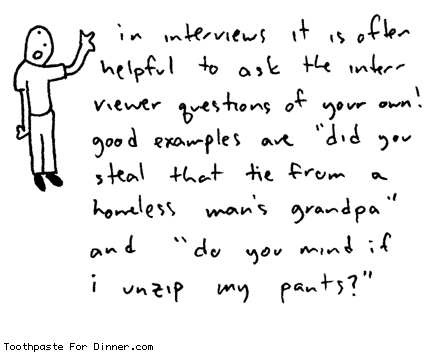In last week's installment of Silicon Valley tech company drama...
You might of caught some reports of Yahoo! and its suit against social networking behemoth Facebook, alleging that the world's most popular social site has largely been built on ten separate Yahoo! patents. Some color on the Yahoo! contention from the linked ars technica piece above:
Yahoo claims Facebook infringes patents related to online advertising, privacy, Web customization, social networking, and messaging.
Yahoo's complaint does not allege that Facebook directly copied Yahoo's products. Rather, Yahoo appears to have claimed broad categories of website functionality, which Facebook may have infringed by accident in the process of building its own website.
The lawsuit illustrates how patents are becoming a significant barrier to entry for new firms in the software industry. Given how many patents Yahoo has, and how broad they are, it's hard to see how Facebook could have avoided infringing them. And, of course, Yahoo is far from the only software incumbent with a large portfolio of broad patents.
But until recently, there was a tacit agreement among major software firms not to sue competitors for patent infringement. All firms recognized that a full-scale patent war would be ruinous for the industry. But that gentlemen's agreement began to break down in the heat of competition in the mobile market. And now the patent wars seem to be spreading beyond the mobile market to the software industry more generally.
Apologies for repeating so much of the ars technica piece, but I think the context is needed to better understand and form an opinion on a follow-on development stemming from the Yahoo! suit, that is, the potential detrimental impact it might have on the Yahoo! employees, not the leaders and execs, but the rank and file talent, that almost certainly have nothing to do with their company's decision to pursue these patent claims.
For shortly after the news broke about the Yahoo! suit, many observers, leaders, and media that cover the tech industry began expressing disappointment, rage, and even fake support that Yahoo! would pursue these claims. And if outrage over Yahoo's decisions to file this suit, a rival tech CEO, David Sacks of the enterprise collaboration vendor Yammer, took aim at not only Yahoo! leadership, but really everyone working at Yahoo!.
First Sacks opined via a Tweet that Yahoo! could be stopped by blackballing it's staff, effectively creating a kind of rebellion or groundswell inside of Yahoo that, in theory, might make the company back off these claims against Facebook.
Later Sacks committed his company to this ostracizing of Yahoo! staff strategy:
And finally, Sacks upped the ante by offering a $25,000 signing bonus to any Yahoo! employee who jumps ship from Yahoo! and joins Yammer in the next 60 days:
If you are an employee of Yahoo! what you think about the patent lawsuit almost doesn't matter - leadership of just about every company makes decisions that are potentially unpopular with the industry and possibly their own employees from time to time. That's just business in the real world. But it is a little unusual for a company's strategy and tactics to directly impact not only the employee's current job security, (bad decisions leading to bad results leading to cutbacks), but also their prospects for future outside employment in the industry.
While it seems like Sacks' comments are mostly about drawing attention to the core issue, i.e., the validity and propriety of the patent suit, the addition of the blackball threats and then the bounty directed at the average Yahoo! employee makes the story at least a little more interesting. From the perspective of the employee, it is certainly one thing for management to make an unpopular decision, but it is another thing entirely if those decisions jeopardize your future.
The Yahoo!/Facebook/Yammer story is yet to play out, and my suspicion is the suit will go away, as Facebook doesn't need the distraction in the run-up to their IPO, and soon thereafter, (if not before), Sacks comments will be mostly forgotten as well. Sure, maybe Yammer will nab some talent from Yahoo! in the next two months, but if Sacks' idea for an industry-wide blackball of Yahoo! employees ever did take hold, then Yahoo! will have other problems to deal with besides negative public opinion about the lawsuit.
They'll have to answer to a group of pretty upset employees that have suddenly found not only their current jobs under pressure, but their future prospects compromised through association. And if that were to happen, well, that won't be good for anyone.
What do you think - have you ever refused to consider a candidate based simply on where they have worked in the past?


 Steve
Steve


